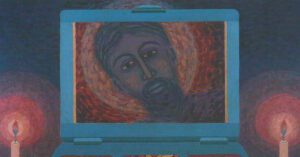
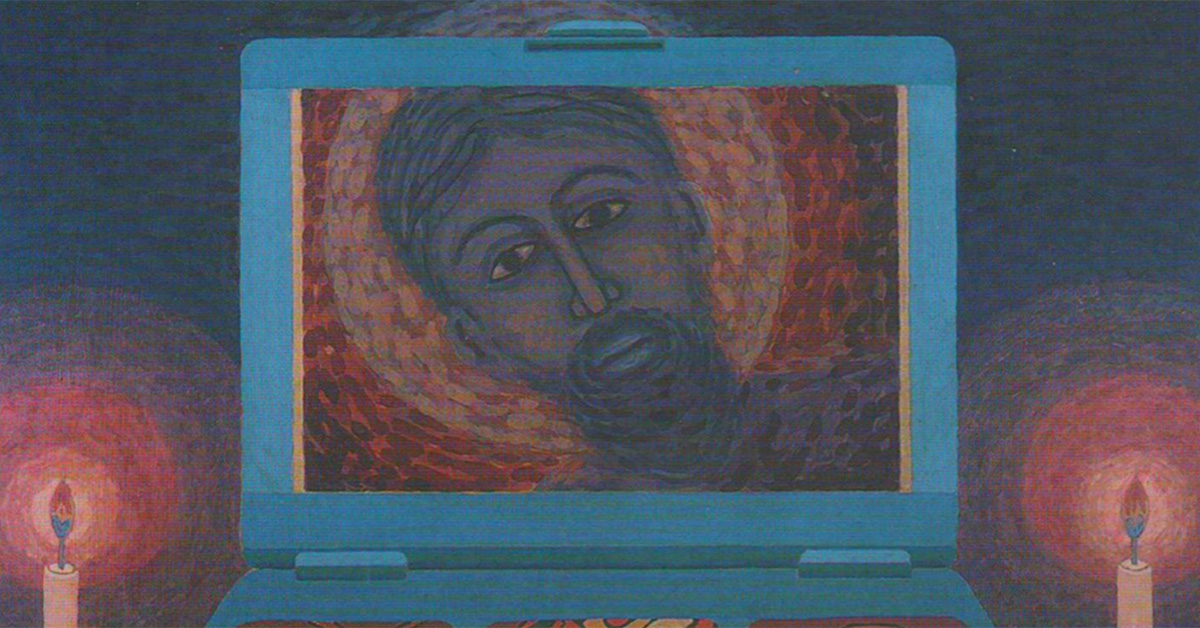
Craig G. Bartholomew is the Director of the Kirby Laing Centre for Public Theology in Cambridge.
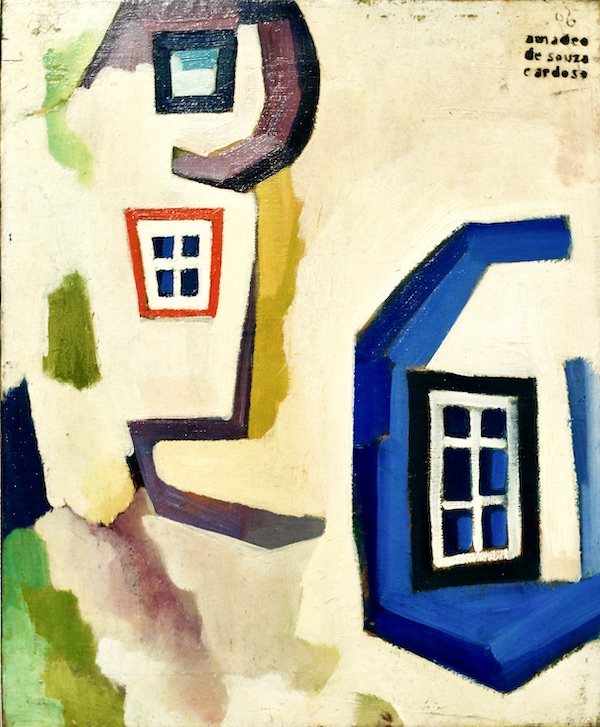
Yeats wrote his poem “The Second Coming” in 1919, just after World War I, around the start of the Irish War of Independence and the flu pandemic of 1918–1919. We have experienced nothing like World War I but it all, nevertheless, sounds a bit familiar. Little wonder that he writes “Things fall apart; the centre cannot hold.”
Even as, DV, we emerge from the pandemic, there seems little time to rest and recover. The sounds of war continue to resonate in Europe – Russia’s unprovoked war against Ukraine has now been going for eight months, the January 6 Committee will continue to hold its searing hearings about the attack on the Capitol in Washington DC while the Big Lie continues to be perpetuated, energy prices are soaring and the cost of living increasing. On and on it goes. I confess to feeling from time to time that “the centre cannot hold.”
It may be that the centre/s of Western life cannot hold. The modern world has brought many gifts that none of us would choose to be without. However, to a significant extent the modern West is built on human autonomy, and the catastrophes of the 20th century and, in academia, postmodernism were sure signs of its unravelling. Human autonomy, with religion and tradition erased or marginalised, was meant to provide a solid foundation on which to rebuild the West from the ground up. Trust in reason and science has produced remarkable goods but its shadow side has grown. Postmodernism, with its important insights, taught us to question the very possibility of truth, and – certainly in retrospect – fake news and alternative facts were never far away, leaving us only with naked power.
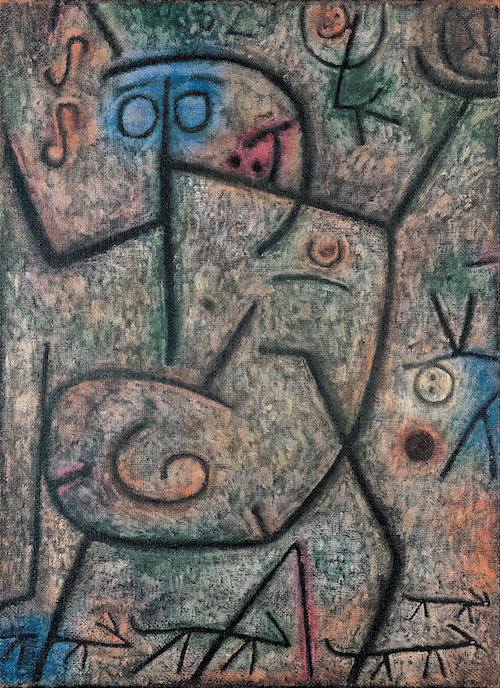
Power without truth is exceedingly dangerous. The Washington Post reports that Donald Trump made 30,573 false or misleading claims over the four years of his presidency. Putin brazenly assured everyone he would not invade Ukraine. As we witnessed on January 6, lies have a horrible habit of developing legs and running into history with catastrophic results. And we witness the enormous cost of Putin’s duplicity on a daily basis.
The Ten Commandments have been evocatively described as the ethos of the good neighbourhood. The ninth commandment – you shall not bear false witness – is all about the importance of truth in such a neighbourhood. No society can remain healthy when truth is lost and we are left only with the will to power. It is particularly dangerous when superpowers succumb to this disease.
At its best, the Fourth Estate, namely journalism, provides a bulwark against the demise of truth. Social media bring many benefits but are in danger of subverting just the sort of investigative journalism we so need. Due to generous donors, KLC has been privileged to have Dr Jenny Taylor as our Research Fellow in Media, Journalism and Communication for several years. Few things would help our cultures at this time as a revival of healthy, investigative journalism, journalism that we could trust to tell us the truth. I am very grateful to Jenny for curating the main articles on journalism in this edition of The Big Picture.
I find myself regularly impressed with just how powerfully the Bible speaks to our cultures today. Paul encourages us to speak the truth in love. Taken with the ninth commandment, we have the ingredients to revolutionise journalism and public life. Even as we work in this direction, we should not forget that this is the path of the cross. Investigative journalists are regularly murdered in their quest for truth, and we have seen the price Liz Cheney has already had to pay for refusing to go along with the Big Lie. Nevertheless, even as we take up our crosses, let us be encouraged; truth will always have the final word.
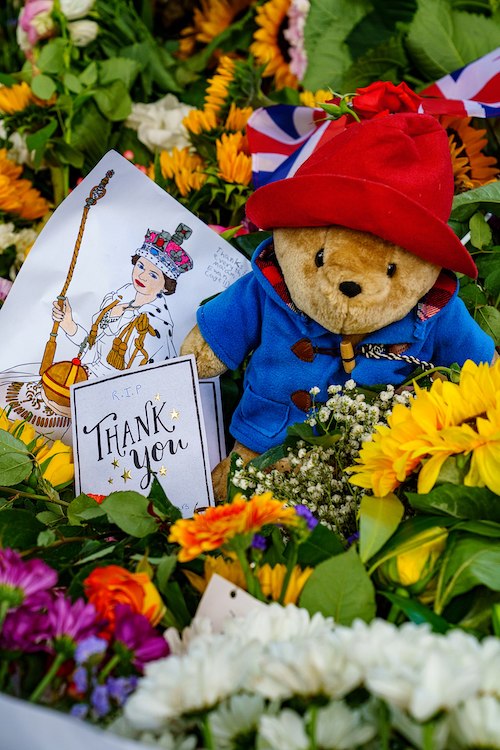
As we go to press the sad news of the death of Queen Elizabeth II came through. In an age of self-centredness she stood out as someone resolutely committed to a life of public service undergirded by her Christian faith. The impact of her life on so many has been amply demonstrated by the hundreds of thousands who queued in London for many hours in order to walk past her coffin. For the next edition of TBP we invite reflections on the life, faith and contribution of the Queen. She will be sorely missed. In relation to her Platinum Jubilee, I wrote about her dignity and humanity manifest in her video with Paddington Bear which is readily available online. It was moving to see how many Paddington Bears were left amidst the flowers around the gates of Buckingham Palace, to the point where the public had to be asked not to keep bringing them. The Yorkshire artist Eleanor Tomlinson has produced some delightful drawings of the Queen and Paddington Bear which can be ordered on Amazon.
In addition to reflections on the Queen the next edition of TBP will attend to the theme of the nurture of nature. During the pandemic many of us found nature a great comfort and we invite reflections on this. Additionally we are called to care for nature, and we welcome explorations of this theme as well.
The Kirby Laing Centre for Public Theology in Cambridge. Charity registered in England and Wales. Charity Number: 1191741
Kirby Laing Centre, Office 1, Unit 6, The New Mill House, Chesterton Mill, French’s Road, Cambridge, CB4 3NP
© 2025 The Kirby Laing Centre for Public Theology in Cambridge